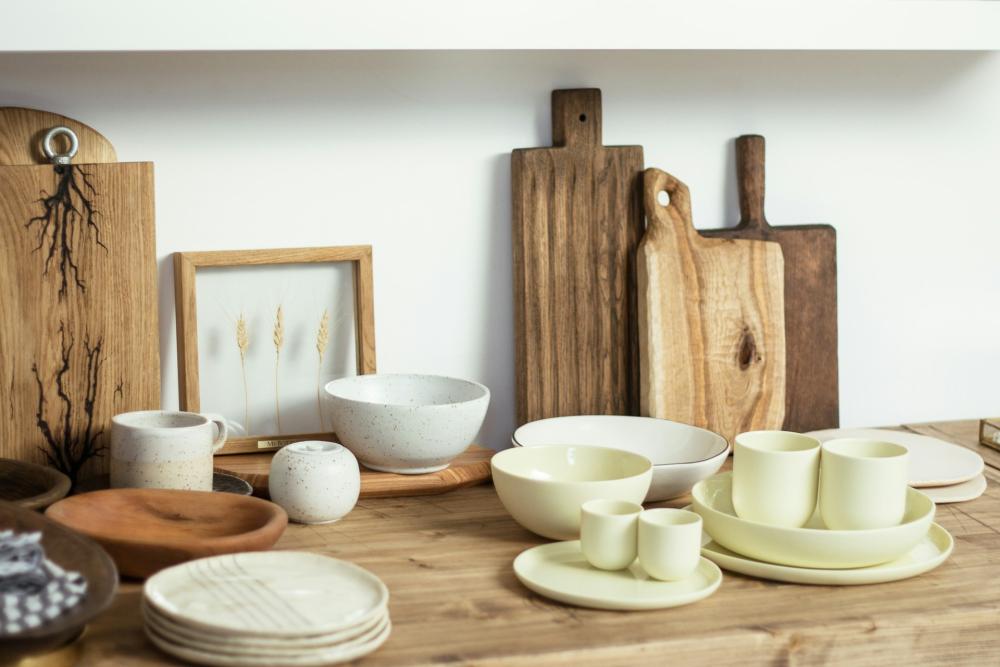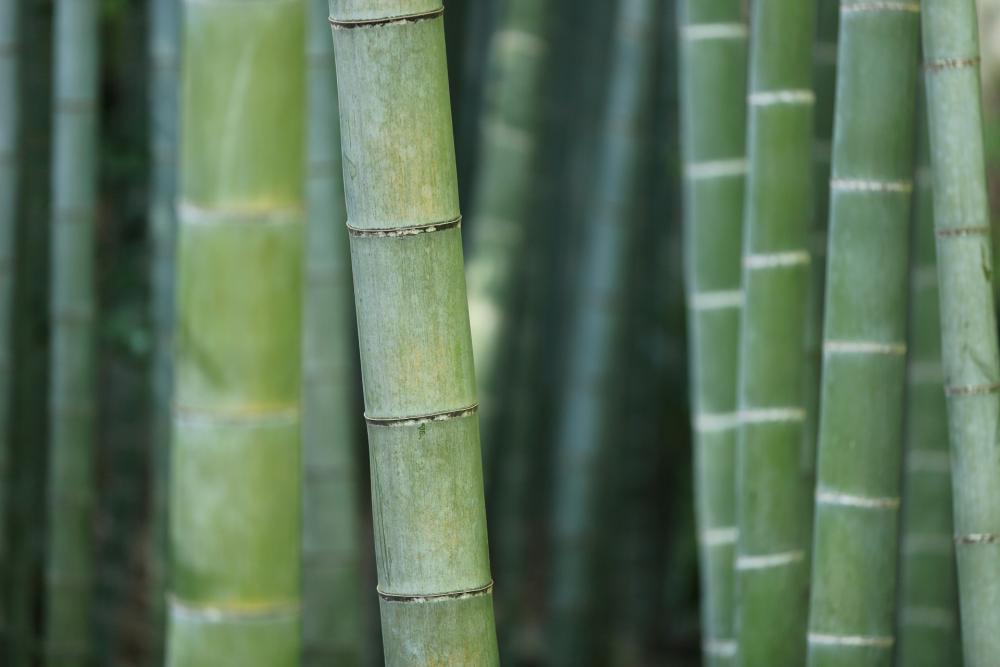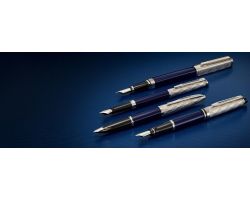Mugs are one of the most commonly used household and promotional items, serving as a staple for enjoying coffee, tea, or any favourite beverage. But have you ever wondered what materials mugs are made of and why certain materials are chosen over others?
Knowing what branded travel mugs are made of goes beyond just functionality—it also affects their look, durability, and how well they suit different needs. If you're looking for a stylish and practical option, branded Americano mugs offer a great balance of design and usability.
From ceramic and porcelain to stainless steel and eco-friendly bamboo,coffee or tea mugs are crafted from a wide variety of materials, each offering unique benefits and characteristics.
This guide explores the different materials used in mug production, their features, and their applications, giving you an insightful look into what makes your favourite mug special.
What materials are mugs commonly made of?
Mugs are made from a variety of materials, including ceramic, porcelain, stainless steel, bamboo, and glass. Each material offers unique benefits, such as durability, heat retention, or eco-friendliness. Discover the advantages of each material to find the perfect mug for your needs.
Key Takeaways
-
Mugs are crafted from various materials, including ceramic, porcelain, stainless steel, glass, bamboo, and plastic.
-
Ceramic is the most popular material for its durability and customisability.
-
Bamboo and stainless steel are eco-friendly options gaining popularity for sustainability.
-
The material affects the mug's insulation, durability, and aesthetic appeal.
-
For promotional purposes, choose a material that aligns with your brand values and target audience.
The Most Common Materials Used to Make Mugs
Ceramic
Ceramic is one of the most popular materials for mugs, known for its durability, versatility, and aesthetic appeal.
Characteristics:
-
Smooth surface and excellent insulation properties.
-
Resistant to stains and odours.
-
Microwave and dishwasher-safe (in most cases).
Uses: Ceramic mugs are perfect for daily use at home or in the office. They are also widely used as promotional items due to their easy customisability.
Porcelain

Porcelain, a type of ceramic, is renowned for its elegance and fine quality.
Characteristics:
-
Lightweight yet strong.
-
Non-porous surface that resists stains.
-
Heat-resistant and retains heat well.
Uses: Porcelain mugs are often used for special occasions or as premium promotional gifts. Their delicate appearance makes them a sophisticated choice.
Glass
Glass mugs offer a sleek and modern look, often associated with elegance and transparency.
Characteristics:
-
Transparent, showcasing the beverage inside.
-
Available in heat-resistant varieties like borosilicate glass.
-
Easy to clean but less durable than ceramic.
Uses: Perfect for speciality drinks like lattes, teas, or cold beverages. Glass mugs are also a stylish option for cafes and promotional giveaways.
Stainless Steel
Stainless steel mugs are durable, lightweight, and highly practical, making them a favourite for outdoor and travel use.
Characteristics:
-
Excellent temperature retention for hot and cold drinks.
-
Resistant to rust, corrosion, and breakage.
-
Reusable and eco-friendly.
Ideal for travel, camping, and eco-conscious promotional items. Branded coffee cups are also popular for their modern aesthetic and practicality.
Plastic
Plastic mugs are lightweight, affordable, and versatile, often chosen for casual settings or large-scale promotions.
Characteristics:
-
Durable and resistant to shattering.
-
Available in a wide range of colours and designs.
-
Not suitable for high temperatures.
Uses: Commonly used for outdoor events, kids' mugs, and budget-friendly promotional campaigns.
Bone China
Bone china is a premium material often associated with luxury and elegance.
Characteristics:
-
Made from a mix of bone ash and porcelain clay.
-
Lightweight and highly durable.
-
Smooth, translucent finish.
Uses: Frequently used for high-end dining experiences, gifts, and corporate events.
Bamboo

Bamboo mugs are an eco-friendly alternative gaining popularity for their sustainability and natural aesthetic.
Characteristics:
-
Biodegradable and renewable material.
-
Lightweight and natural-looking.
-
Limited heat resistance compared to other materials.
Uses: Ideal for environmentally conscious consumers and brands seeking sustainable promotional items.
Stoneware
Stoneware is a type of ceramic that is thicker and more durable than traditional ceramics.
Characteristics:
-
Opaque and often has a textured finish.
-
Excellent for retaining heat.
-
Sturdier and more resistant to chips.
Uses: Great for rustic designs, casual dining, and everyday use. Stoneware mugs are also a popular choice for artisan-crafted pieces.
How Materials Affect Mug Design and Functionality
The material of a mug significantly influences its design, functionality, and overall user experience. Here’s how:
Insulation and Heat Retention
Materials like ceramic, porcelain, and stainless steel excel in retaining heat, making them suitable for hot beverages.
Glass and plastic mugs are better for cold drinks or occasional use.
Durability
Stainless steel and plastic mugs are highly durable and resistant to breakage, ideal for travel and outdoor activities.
Ceramic and glass mugs require more careful handling but offer superior aesthetics.
Aesthetic Appeal
Porcelain, bone china, and glass mugs exude sophistication and elegance.
Bamboo and stoneware mugs appeal to those who value a natural or rustic aesthetic.
Environmental Impact
Bamboo and stainless steel are more eco-friendly options compared to plastic.
Many ceramic and porcelain mugs are recyclable, further enhancing their sustainability credentials.
If you have seen Stanley mugs, you must be wondering why is the Stanley mug so popular right? You can check out my post on the site to learn about it.
Why the Choice of Material Matters in Promotional Mugs
When choosing mugs for promotional purposes, the material plays a critical role in conveying your brand's message and meeting your target audience's needs. Here’s why:
Brand Alignment
The material should reflect your brand values:
-
Eco-conscious brands may opt for bamboo or stainless steel.
-
Luxury brands might prefer bone china or porcelain.
Target Audience
Understanding your audience helps in selecting the right material:
-
Outdoor enthusiasts may appreciate stainless steel mugs.
-
Office workers might prefer ceramic mugs for their practicality.
Customisation Options
Some materials are easier to customise than others:
-
Ceramic and plastic offer a wide range of customisation options.
-
Stainless steel and bamboo require more specialised techniques but provide a premium look.
If you want to get custom printed kitchen items like personalised glasses, serving sets, branded wine accessories, or even bottle openers, you can easily get them at Promo Store with a few clicks.
Sustainable Trends in Mug Materials
As sustainability becomes a priority, many brands and consumers are opting for eco-friendly mugs. Bamboo, stainless steel, and recycled plastic are leading the way in sustainable drinkware. These materials not only reduce environmental impact but also align with the growing demand for green initiatives.
How to Choose the Right Mug Material
Selecting the perfect mug involves balancing aesthetics, functionality, and budget. Here are some tips:
1. Consider the Purpose
For daily use: Opt for durable materials like ceramic or stainless steel. For special occasions: Choose premium options like bone china or glass.
2. Evaluate Customisation Needs
Ensure the material is compatible with your branding requirements, whether it's printing or engraving.
3. Prioritise Sustainability
Choose eco-friendly materials like bamboo or recycled plastic to reflect modern values.
4. Account for Budget
Balance cost with quality to ensure you get the best value for your investment.
FAQs
1. What is the most common material for Coffee mugs?
Ceramic is the most common material for mugs due to its durability, affordability, and excellent insulation properties.
2. Are bamboo mugs durable?
Yes, bamboo mugs are durable for regular use, but they may have limitations in heat resistance compared to ceramic or stainless steel.
3. Can stainless steel mugs retain heat better than ceramic?
Stainless steel mugs, especially double-walled ones, are better at retaining heat compared to ceramic mugs, making them ideal for travel or outdoor use.
Conclusion
Mugs serve more than just a practical purpose—they showcase personal style, branding, and values. The material you choose plays a key role in durability, appearance, and usability. To keep your mug in top condition, it's essential to maintain it properly. If you're looking for the best way to do this, check out How to Clean Travel Mug: Easy and Effective Steps for simple and practical cleaning tips.






